This year marks the 75th anniversary of the end of the Second World War, one of the most horrific modern wars.
A documentary film released in time for this year’s Remembrance Day, is a poignant reminder of the sacrifice and horror of war, but which is alas sometimes necessary. The film will premiere at 9pm (ET/PT) today in Canada on the History Channel with a rebroadcast on the 12th at 2pm (ET-PT).
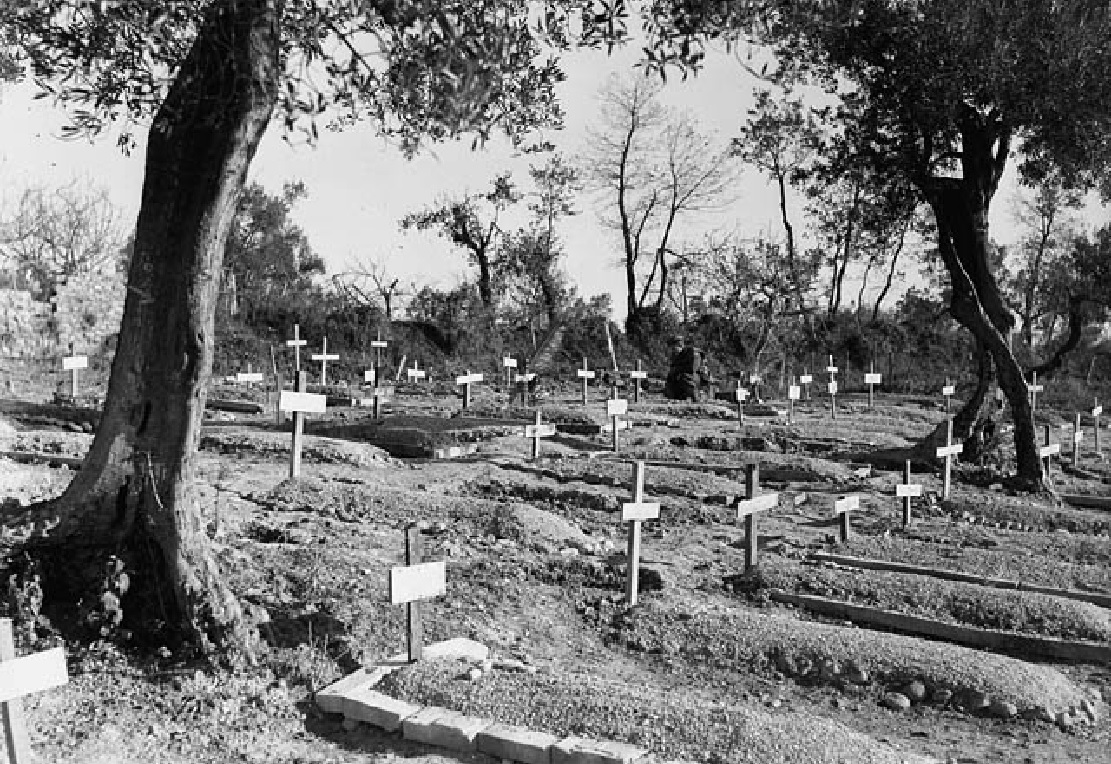
Graves of soldiers of the Loyal Edmonton Regiment, following the Battle of Ortona in Italy, 1943, during the Second World War.
(photo: Alexander M. Stirton, courtesy Department of National Defence/Library and Archives Canada/PA-115151)
Directed and co-created by Barry Stevens and the team at 52 Media, it’s called “Fight to the Finish”, a title Stevens says that was chosen in part to express both the exhaustion and the determination of the veterans during their service. The film, interspersed with actual wartime footage which has been colourized, also hears from 50 veterans of various services, in personal and emotional recounting of some of their experiences. For many it was one of the few times they’ve ever spoken about it.
It’s also a lasting historical legacy as Stevens notes, some of the veterans have died since the interviews were conducted. Barry Stevens talks about the documentary
You’ve made other important films on the war, why did you make this film?
We made this film because this year is an important anniversary of the end of the cataclysm of the Second World War. It’s been 75 years now without a world war. And these men and women who worked and fought to defeat fascism are disappearing fast. Many of the guys who appear in this film have died since we spoke with them. In a few years, there will only be a handful left. This may be our last chance to hear what they have to say.
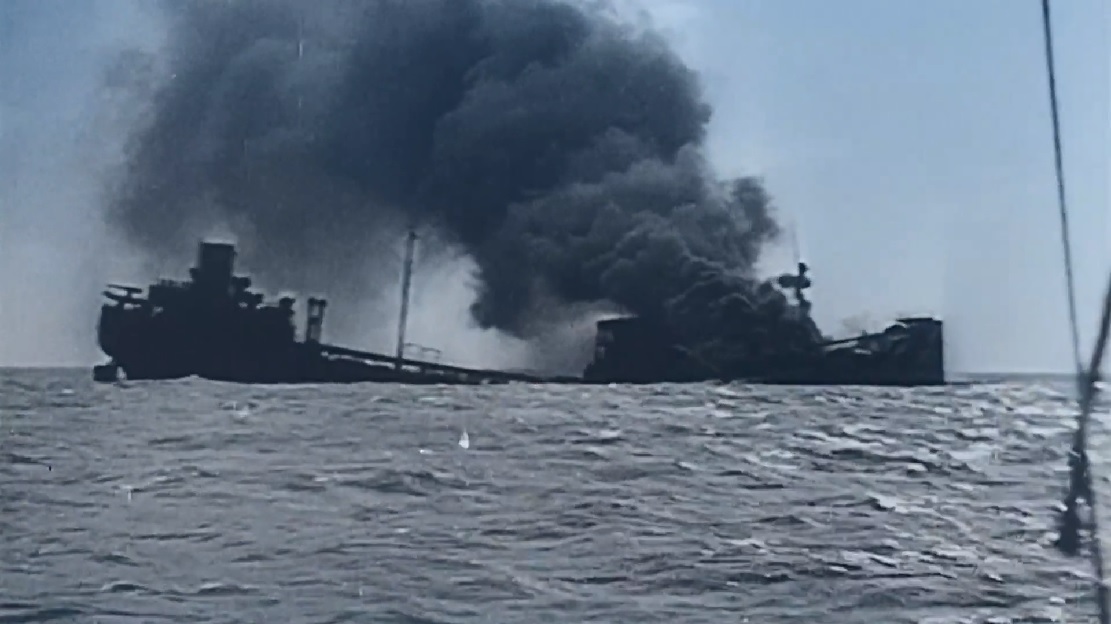
“You’d see a big flash and you’d see it sinking and you know you see people jumping off and you see it sinking slowly and its terrible, a terrible sight to see it go down like that knowing full well there are lives on board” …. “ We were not allowed to go back and pick them up “ ( Fight to the Finish 52 Media)
How hard was it, how did you manage to get these aging veterans to open up, when most had never told of their experience, saying there was no point as others who hadn’t experienced war couldn’t relate?
I remember years ago seeing an interview with a veteran on TV. The interviewer said more than once something like, “Oh, don’t worry. I know you don’t want to talk about it.” And the veteran was saying, more or less, “Well, it was pretty rough, but I remember…” etc… but the interviewer would cut him off. It was obvious that it wasn’t the veteran who didn’t want to tell, it was the interviewer in this case who didn’t want to hear. It angered me, and I wanted to do it differently. I began to think that this idea that veterans of armed conflict don’t want to talk about it was only partly true.
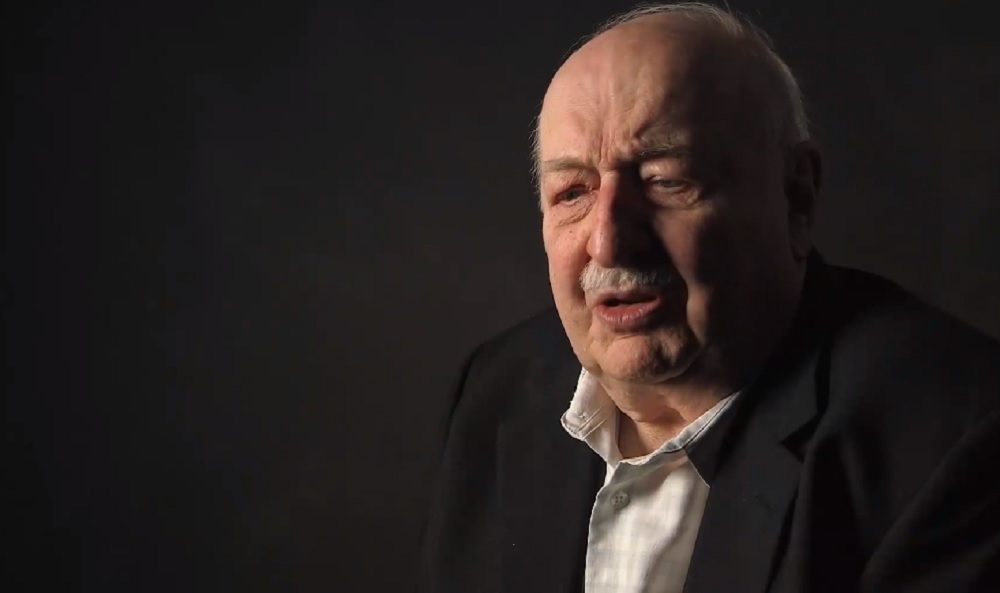
Fred Lereverend- “You know I never discussed it at home. You don’t like talking to somebody who hasn’t been there” (Fight to the Finish- 52 Media)
In my experience, these men (they are sometimes women, but mostly they are men, of course) will tell you their experience. But there are two conditions. One is that you have to show that you at least know something, that you have taken the trouble to find out the basics. The other, more important, is that they have to trust that you will really listen. And that you will keep listening til they are finished. There is not much worse than telling someone an intimate and painful experience, and your listener just isn’t interested enough to stick with it, and wanders off, or interjects with his own experience, or is uncomfortable with emotion, or is afraid of what he is hearing. People generally in our culture are not very good at active listening. But if an interviewer does listen, and does so sympathetically and without judgement, and will commit to sticking with the speaker, then you will get the truth, and the truth of individual experience is of enormous value.
These are deeply emotional personal experiences, and you also have wartime footage of dead and those who are surely being killed even as the camera filmed. What’s that like for you as a filmmaker? Does that affect how you put the documentary together?
There are some images that may be just too much and you have to use them judiciously. The death camps of course, as one example, have lots of these images. A person’s death is a very intimate event, and must be treated with care. But the larger value is that those powerful images can arouse compassion and understanding in the viewer, so we tend not to shy away from them.
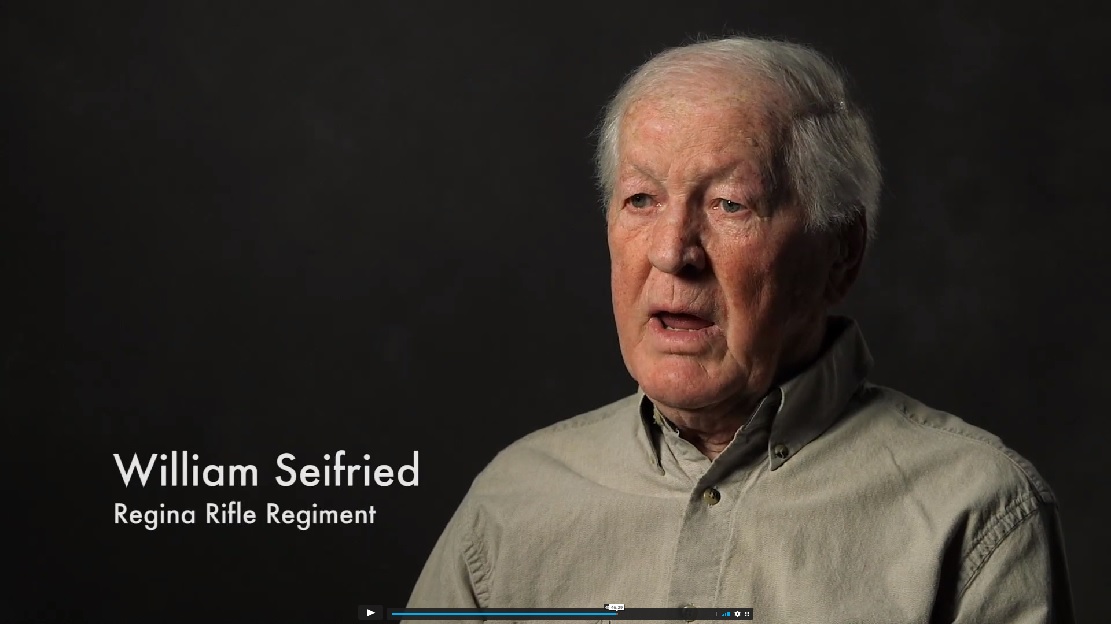
“You could hear the Germans talking right on the other side of the embankment, then a German hand grenade landed right beside me” ( Fight to the Finish-52Media)
,Not only does most of the world not realize the vital contributions of Canada in victory, a great number of Canadians also have little or no knowledge of our history, Most of that war’s veterans are gone, most from the Korean War as well, Many would say its so long ago, has little or no bearing on their lives today, Probably many don’t know about our role in Bosnia or Afghanistan. How would you respond to that?
It’s hard to come up with a dispassionate response to the reaction you describe! To suggest that the Second World War has no bearing on our lives today is sadly ignorant. That conflict and what came out of it defines and shapes us to this day. A way of arranging society that depended on might being the only arbiter, a belief that some people were superior to others and had the right to virtually own them as slaves — that is, fascism — was defeated. But it may come back. And today, one of the two existential threats to our civilization is the fact that nuclear weapons, which came out of that war, can end our way of life at any moment with about 15 minutes notice. A Third World War is always possible. That has bearing on the life of everyone on Earth.
Canada’s role in Korea and Bosnia and Afghanistan (our team made films about all of those) is also important, but that’s a bit more complicated to go into here.
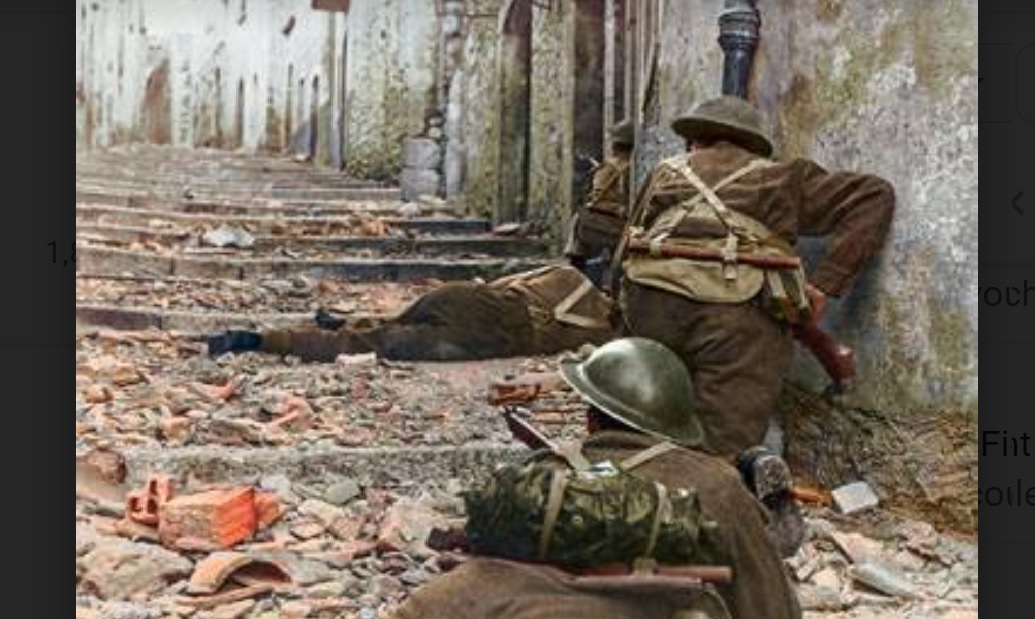
Colourized image of the extremely bitter street fighting in Ortona ( Fight to the Finish 52 Media)
What do you hope will result from the broadcast of this film?
I want people to hear these men, hear their stories, hear what combat was like and see them as the young men they once were, not just cute old men with medals. I would like the audience to realize from their stories how terrible but also important that war was. But also to understand the depth of their courage and valour. More than anything, I hope that people will have a better understanding, and to have compassion and gratitude for some ordinary Canadian lads who rose to a terrible occasion, and bequeathed a world to us that was free of fascism, a world that has been prosperous and much more peaceful for 75 years. As we say in the final moment, the greatest honour we can give to them is to ensure that we never have another world war again.
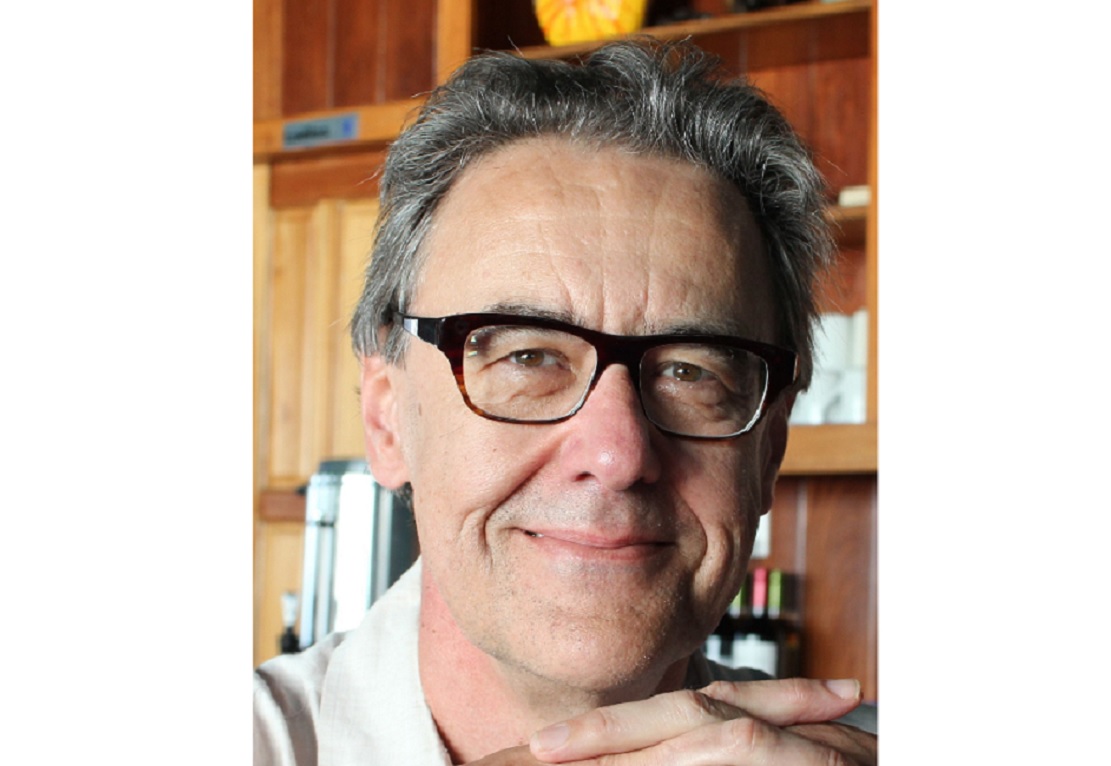
Barry Stevens, director (supplied)
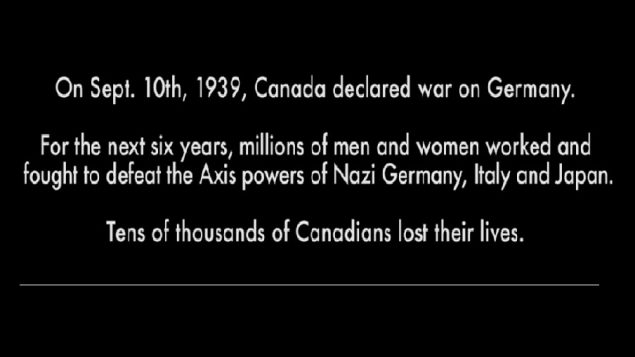






For reasons beyond our control, and for an undetermined period of time, our comment section is now closed. However, our social networks remain open to your contributions.